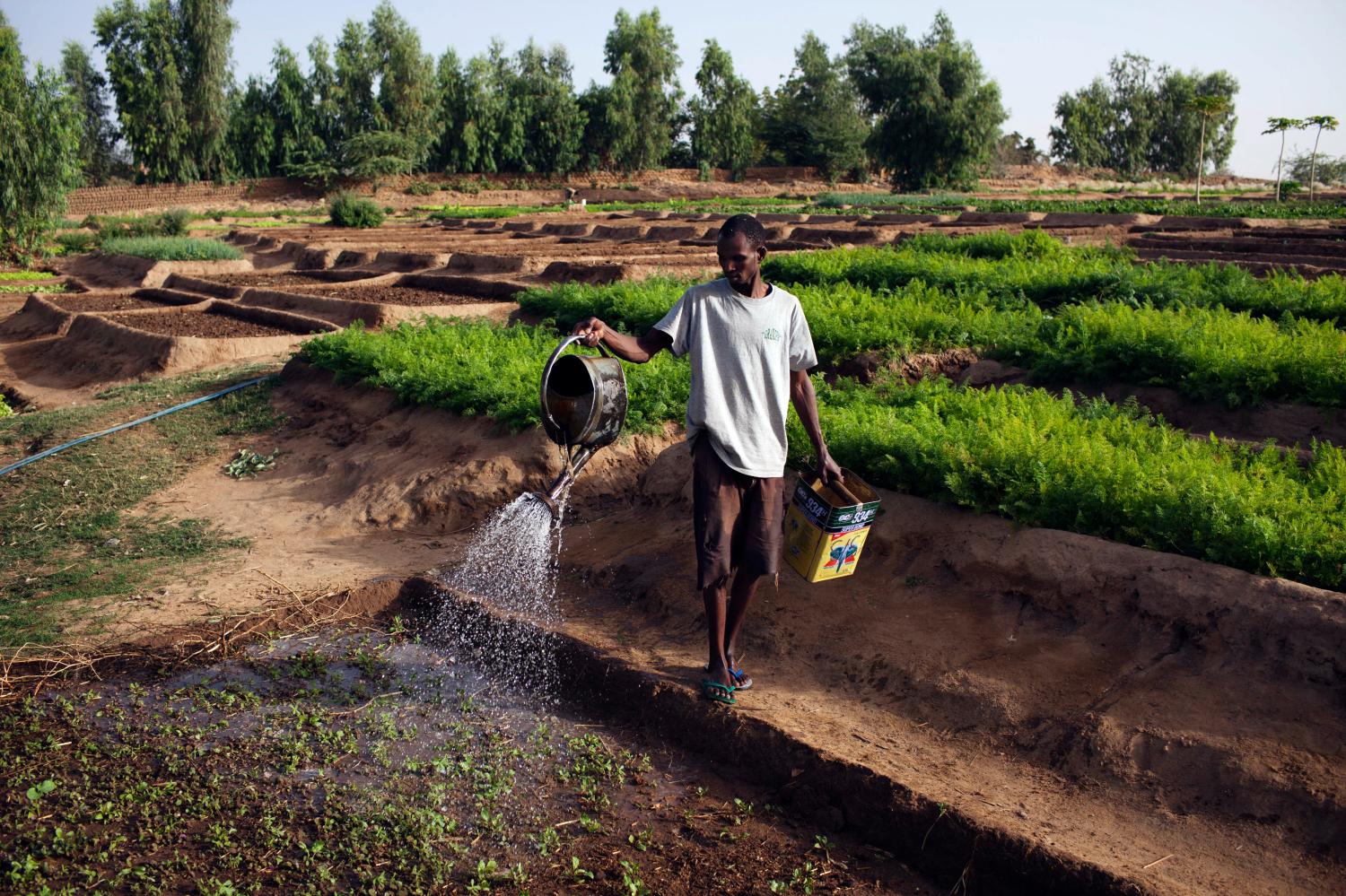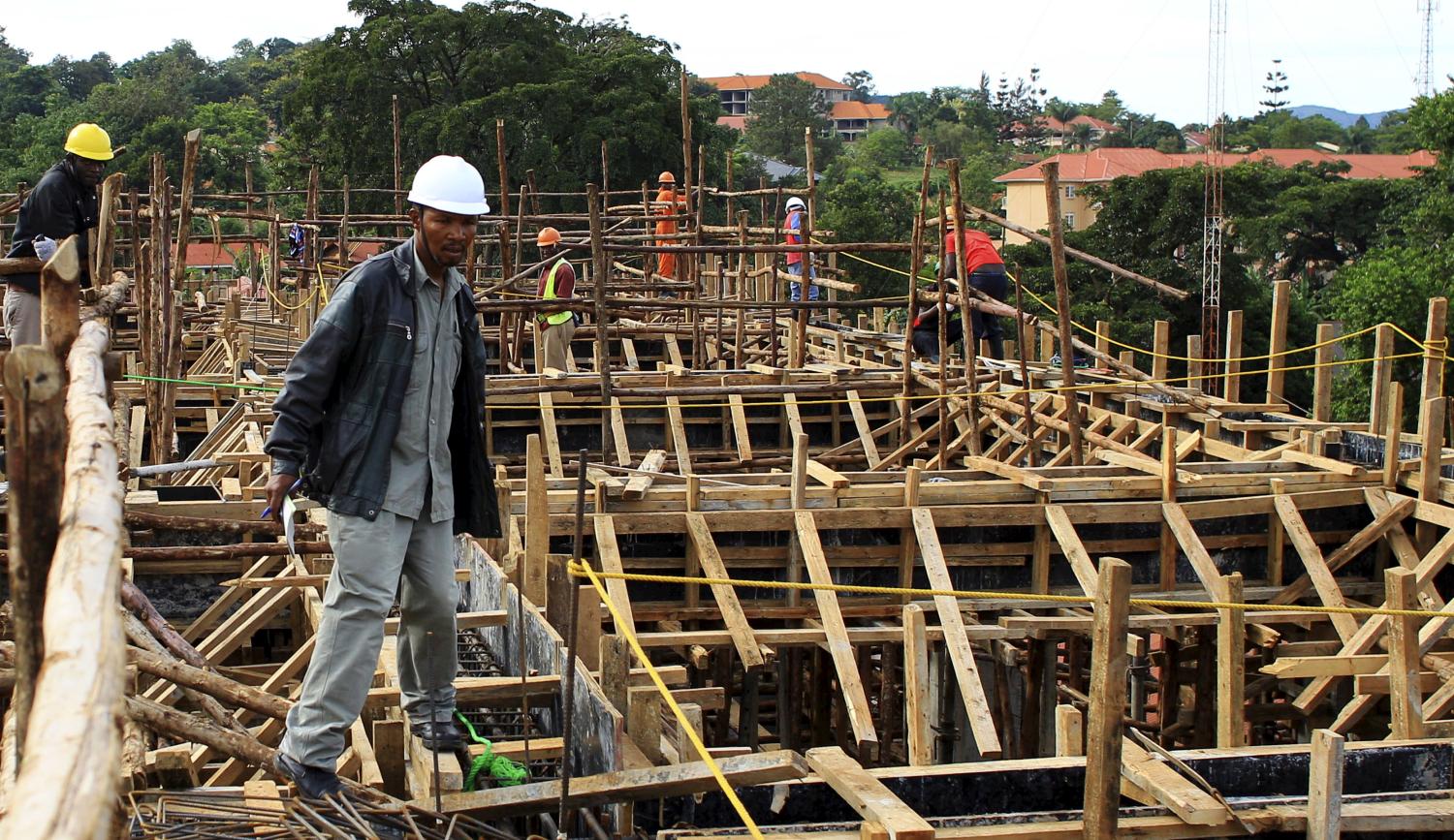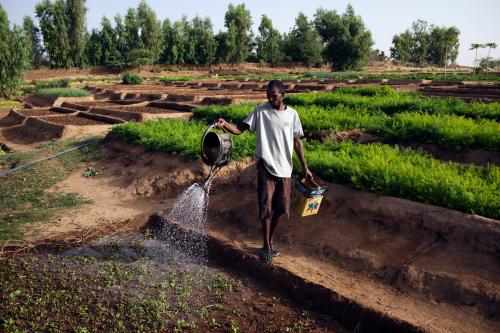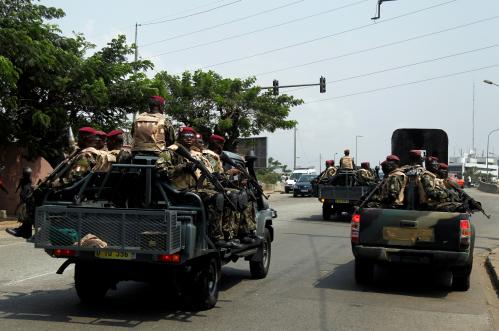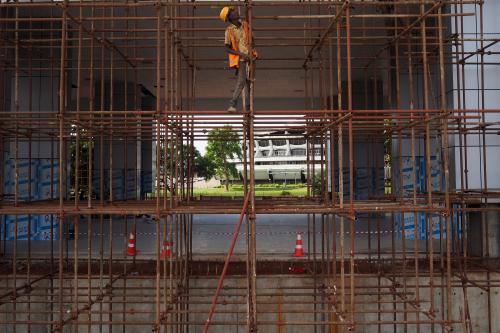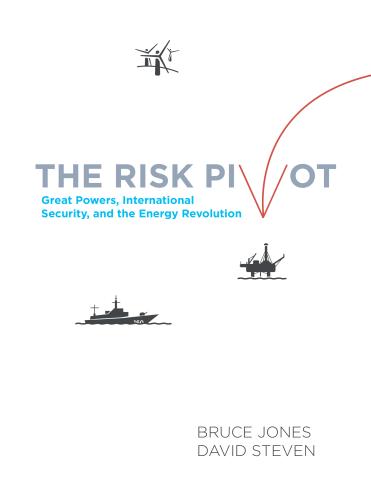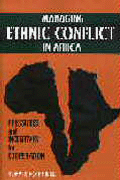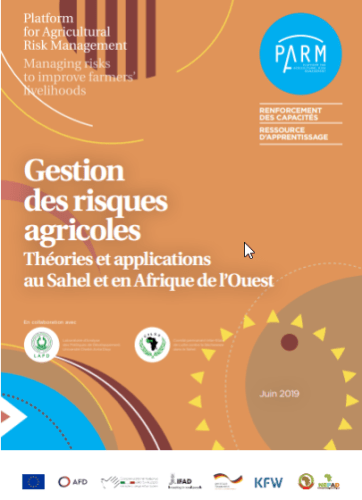Mali and Nigeria are two countries in West Africa with great potential to increase their agricultural
production. However, they have also recently experienced severe episodes of internal conflict, which have negatively influenced agricultural productivity and investment. Conflict can adversely affect agriculture in several ways. For example, conflict can disrupt the supply and distribution of inputs and outputs, create price shocks and cause massive displacement of labor. These compounding challenges make agricultural investments difficult to maintain in politically volatile environments.
Several studies have analyzed the impact of conflict on the broader economy, at both the macro and micro levels. Macro-level studies emphasize the impact of conflict on growth. For example, Gyimah-Brempong and Corley (2005) demonstrate that civil wars have a significant negative impact on the growth rate of per capita income. Sector-level studies examine how agriculture, specifically, is affected by conflict. For instance, Messer, Cohen and D’Acosta (1998) estimate that during periods of conflict, agricultural production drops an average of 12.3 percent each year. Other studies have narrowed the focus to specific crops. For example, Ksoll, Macchiavello and Morjaria (2010) show how post-election violence negatively affected the export volumes of the cut flower industry in Kenya.
The reverse causal relationship between growth and conflict has also been examined. Mounting evidence
suggests that shocks to growth due to extreme climate events (such as deviations in normal precipitation and temperature) may increase the risk of insecurity. For example, in a global study of human conflict from 10,000 BCE to the present day, Hsiang, Burke and Miguel (2013) find that for each standard deviation change in average precipitation and temperatures, the frequency of interpersonal violence increases by 4 percent and intergroup conflict by 14 percent.1 In sub-Saharan Africa specifically, a proportional change in rainfall (from the previous year) of 5 percent increases the likelihood of a civil war the following year by 50 percent (Miguel, Satyanath and Sergenti 2004). While
climate shocks alone are not a necessary or sufficient cause of conflict, the above research findings are useful in understanding the relationship between growth in the agricultural sector and conflict, especially considering the projected effects of climate change on global rainfall and temperature over the next century.
The Brookings Institution is committed to quality, independence, and impact.
We are supported by a diverse array of funders. In line with our values and policies, each Brookings publication represents the sole views of its author(s).

